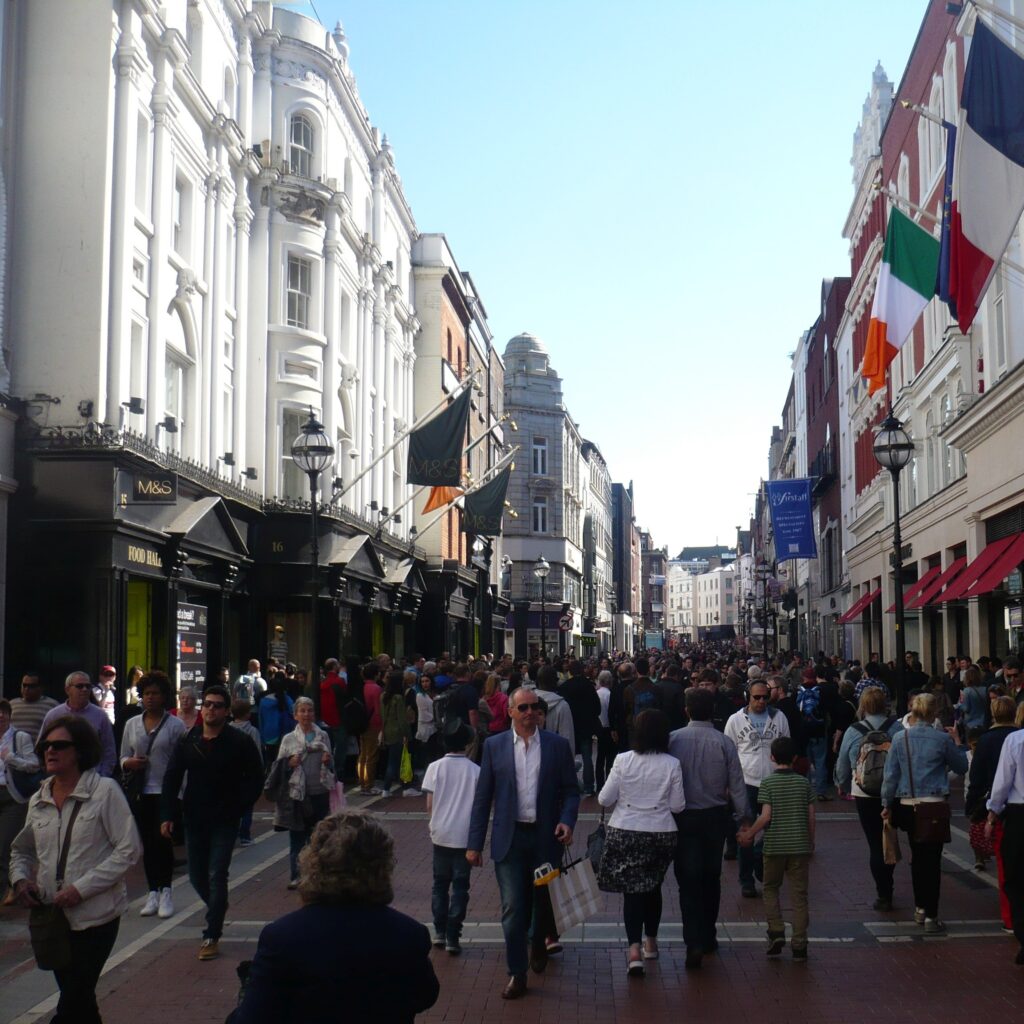
Just three months after the general election, and a shaky start for the government, there appears to be some signs of buyer’s remorse emerging among the electorate.
There hasn’t been much good news for the government since it was formed, and instead it has had to deal with a series of issues, some of its own making.
The early days of this government have been over-shadowed by topics that were unlikely to have been part of the planned government narrative. The possible negative connotations of the relationship with Michael Lowry in formation negotiations, issues with Schrodinger’s speaking rights, and junior ministers constitutional status, can all be viewed by those in government as distractions.
The poor housing completion figures for last year came soon afterwards, providing no reprieve in pressure on the new government. With claims by the opposition that the government parties mislead the electorate somewhat borne out in today’s poll. When asked, almost 1 in 5 (21%) of those voters who voted for either Fianna Fáil of Fine Gael at the last general election, suggest that they would have voted differently in the election had it been known at the time that the housing completion figures for the year were significantly below the publicly stated figure of 40K.
The kite flying that followed, around the possible removal of rent pressure zones, to allow developers to build units more quickly, hasn’t gone down well with the electorate either. Half of all adults want to see rent pressure zones retained, and almost 3 in 5 (57%) renters feel the same, with only 1 in 7 (14%) renters suggesting they should be removed.
Moreover, news that the National Children’s Hospital might be further delayed until at least 2026, with ever rising costs, rolling water and electricity black-outs around the country in the wake of the recent storms, and with no sign yet of an official invite for the Taoiseach to the White House for St Patrick’s Day, have all left the government parties reeling, and it is no surprise in this context, that some voters are feeling buyers’ remorse.
Fianna Fáil is the main government party taking the flak based on this poll, with support for the party dropping by -2% in four weeks, to leave them level with their government partners on 20% support. This correlates with the fact that Fianna Fáil voters are more likely, than voters of any other party, to suggest they would have voted differently if the real housing completion numbers had been known. In fact, an astonishing 1 in 4 Fianna Fáil voters suggest they would have voted differently, and only just over half were certain that they would not have changed their vote. Of course, not all those that said they would vote differently have done, as if so Fianna Fail support would be even lower, but it does indicate a very negative reaction among a sizeable chunk of their supporters.
Fine Gael doesn’t see any drop this time, perhaps because their voters are slightly less likely (18%) to say they would have voted differently, and because of Fianna Fáil’s ownership of the housing portfolio. The party had also already fallen by -1% last month.
Independent candidates also see support fall this month, most likely due to support of some of them for the government, with a -2% drop leaving them at just 11% support overall.
In total then, support across the two main government parties is now down by -3% overall already since the general election, and possibly more than this when the independents supporting the government are taken into account.
In contrast, the opposition parties have seen small gains across the board, though all within margin of error. Sinn Féin, already making gains since the election in January, further increases its support this month by 1%. Leaving them securing 23% of the first preference vote, which is 4% higher than they secured at the general election in late 2024.
Small increases are also seen for the Labour Party (+1%), Independent Ireland (+1%) and People Before Profit-Solidarity (+1), while the Social Democrats retain their strong showing of last month’s poll at 7%.
There has been a distinct lack of a honeymoon period for the government, which is perhaps to be expected given the two main parties were returned again. Events have certainly not worked in their favour, and there will be calls for party strategists to reclaim the agenda with some good news stories.
But that doesn’t look too easy with ongoing disruption caused by a buoyant and belligerent President Trump, marking the start of his term in office with sweeping actions that are likely to cause headaches for Ireland and the government, in terms of tariffs, the economy, and defence.
Good news then seems to be in short supply, and so the rocky start for the government parties is likely to continue.
Download Report
Business Post RED C Opinion Poll Report – Feb 2025